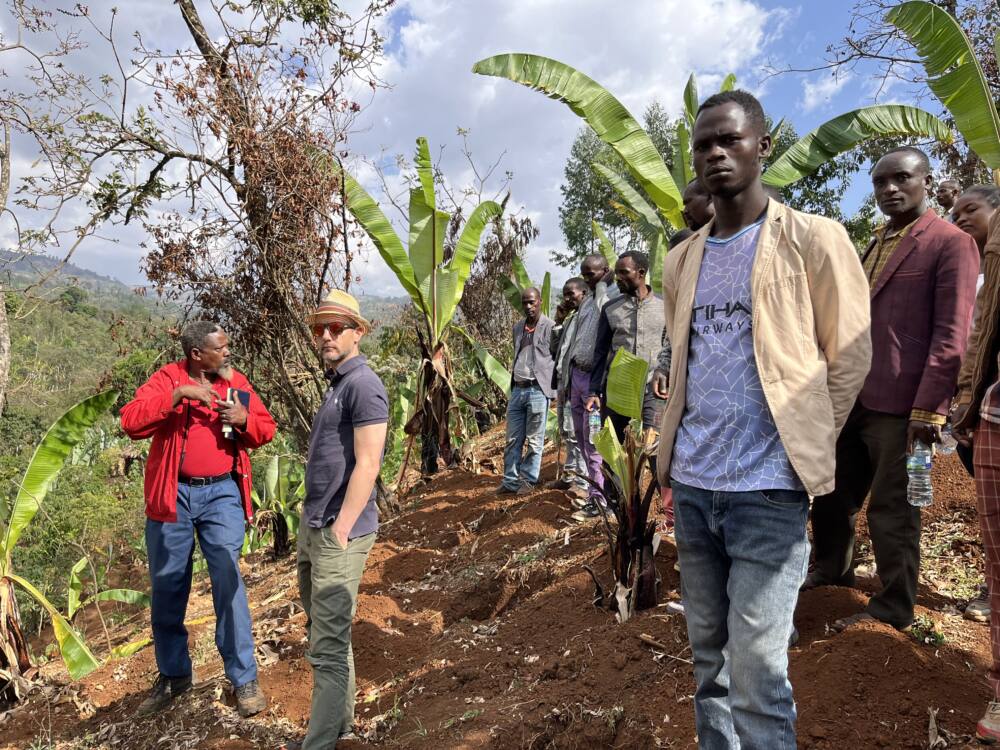Coffee production accounts for 4–5% of GDP, 10% of total agriculture production, 40% of total exports, 10% of total government revenue as of 2019. Due to its importance to the economy, the Ethiopian coffee industry is susceptible to trials and tribulations of its nation. Thanks to recent pandemic and the domestic Ethiopian conflicts, we’ve only been able to observe its ebbs and flows from a distance. Thankfully, the Condesa team finally managed to deep dive back into the vaunted origin in 2023 as we put boots back on the ground.
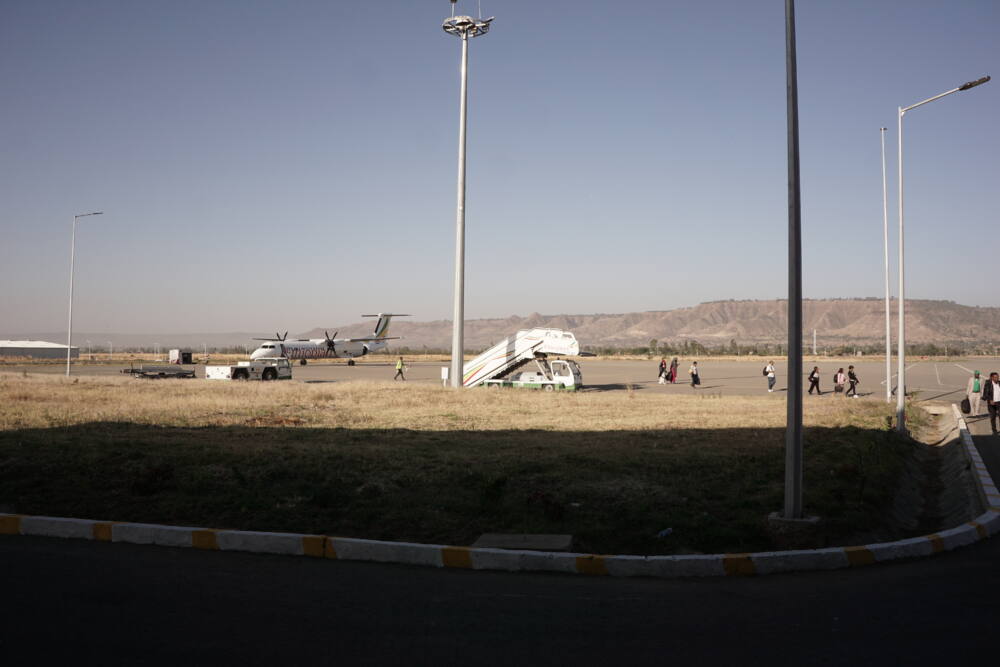
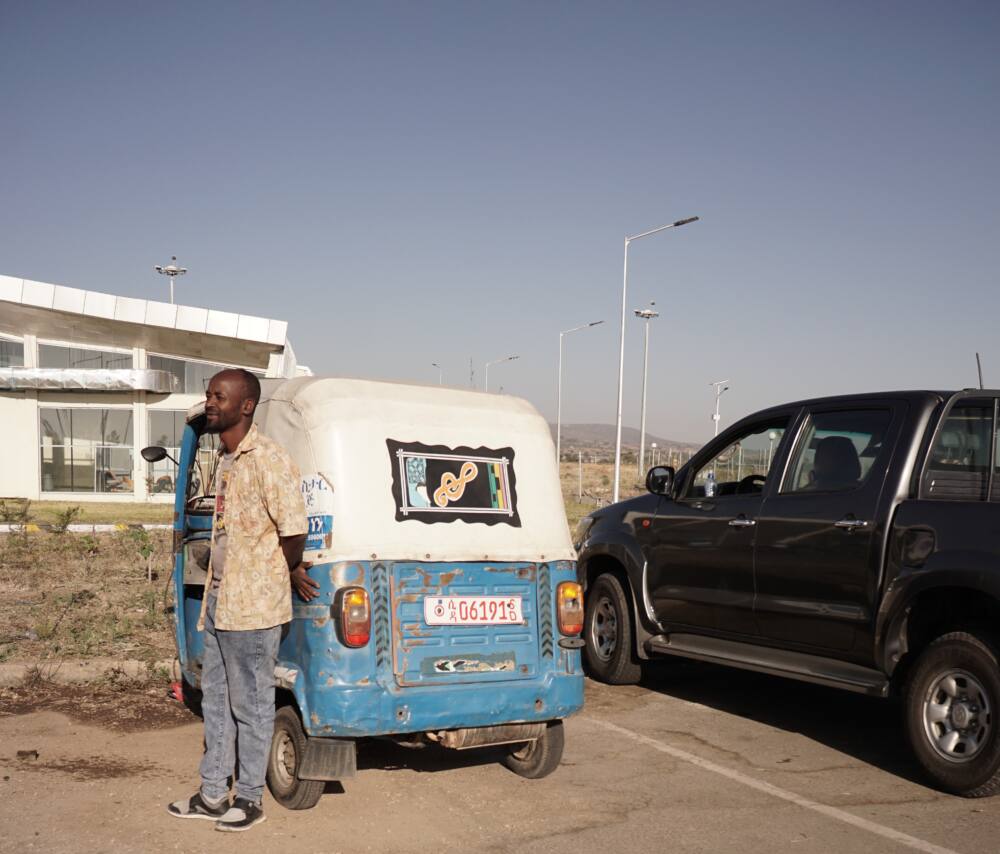
As the harvest season winds down, we were told that at this juncture, mills should be in full swing, oftentimes working round the clock to get coffees exported. However, for 2023 the mills and exporters are unusually quiet, as we dug a little deeper we found out that 2023 has been particularly difficult, and why more than ever we need to show our support.
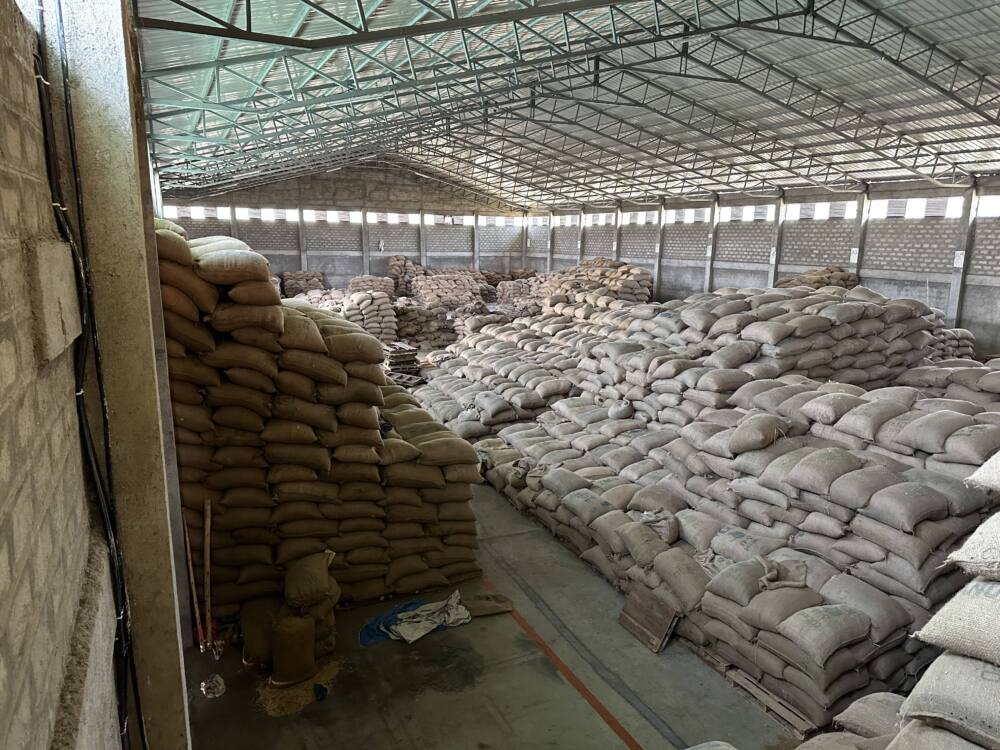
Domestic conflicts, it has been debatable as to whether the internal hostilities have actually strongly impacted the coffee trade, seeing how coffee is primarily grown in the South of the country. Of course, war and hostilities never amount to anything positive, and safety is our paramount concern. While peace was finally struck in November 2022 with regards to the recent struggles in the North, it has recently surfaced that tension and conflict is slowly building up in the Oromia region, which potentially has a more direct impact on well established producing regions like Wollega and Guji. As with any conflict, this endangers the safety of people directly on the ground involved in the production of coffee. Notably, it vastly increases the risk of theft and damage of property and goods, a very real risk that was anecdotally relayed to us during our travels through the producing regions.
As a primary export, coffee generates a large amount of revenue, and much of this was recognized through the Ethiopian Coffee Exchange (ECX), where coffee is required by law to be processed, graded and stored in the government recognized facilities. This created a channel for essential revenue to be generated for the government. However with the establishment of the Vertical Integration scheme in 2021, paving the way for producers of a certain size to be able to trade coffee in a more direct manner, free from the auction based system of the ECX, whilst this established new heights in coffee prices, export volumes in traceability, there is also a possibility that less revenue had been generated from a government perspective. Since the establishment of an alternative (more transparent and quality driven) path for export, it has been a tumultuous few years, which could be attributed to the ongoing challenge to balance coffee supply through these channels and allowing the government to keep exports flowing profitably for all parties.
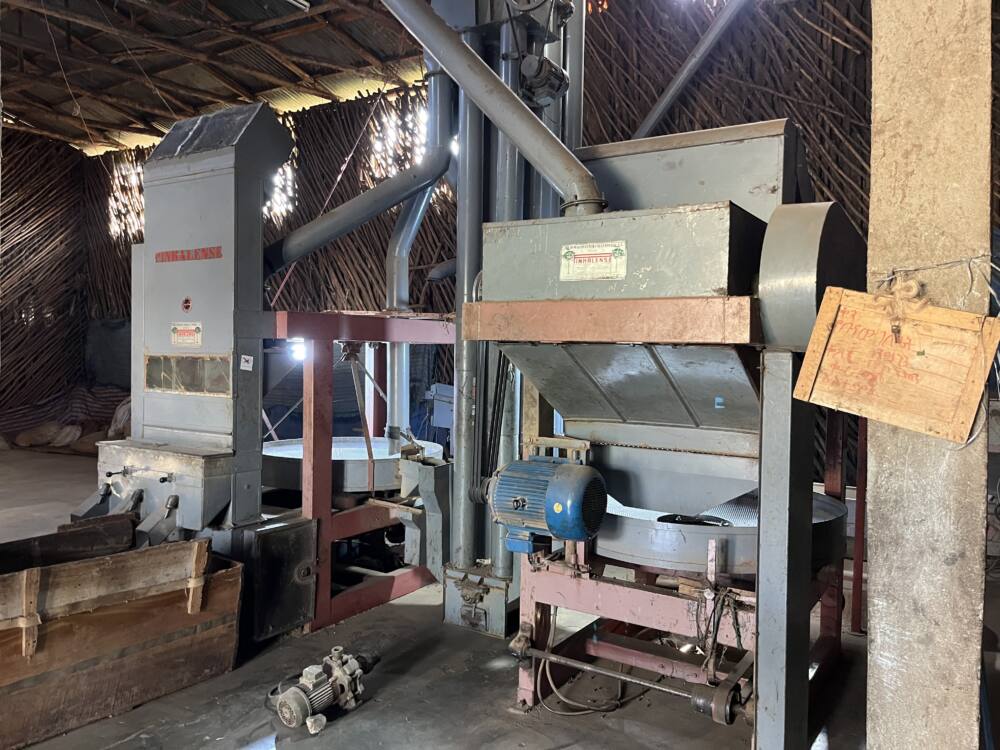
A large piece of the puzzle that we were alluding to was the ongoing Government reserve’s shortage of Foreign Currency (primarily USD). How does this affect coffee one might ask? The default currency for trading green coffee is the US Dollar (USD), and if you’re planning on going to Ethiopia, you’ll quickly realize there aren’t many ways of getting access to Ethiopian Birr due to lack of demand for this currency, leaving the government struggling to sell its currency for USD. Yet, it is heavily dependent on it, at both governmental and private levels USD is required in most industries to make purchases (concrete, steel, fertilizer, medicine etc…). In order to keep the Ethiopian government running efficiently, the National bank amended its 50/50 conversion directed to 70/30 directive in 2022, requiring Exporters generating Foreign currency to surrender 70% of its earnings to the National Bank of Ethiopia in exchange for a prevailing rate in Ethiopian Birr. As a coffee Exporter earning USD, it was allowed to retain that 30% for purchase usage. Legislatively, limitation of access to USD extends across all sectors, it was then noticed that businesses requiring USD to function turned to coffee export as a way of gaining access to that additional 30% of foreign currency. With government instituted minimum pricing, what we’ve seen is a sudden influx of exporters rushing to generate as much volume and sales from export activities as a way to fund its USD requirements, be it for purchases of goods to facilitate local sales, or material to complete high value projects like building developments, which yield higher margins at the expense of losses potentially incurred by exporting coffee cheaply. This has put a halt on the momentum that we have seen for quality and traceability driven coffee, where partners and relationships we have focused on are faced with selling or exporting their coffees at far below cost of production in order to compete with an ever increasing number of exporters (more than 2000 by our count), many of whom exist to operate at a loss. This represents a fork in the path where Ethiopian coffee could march on to better sustainability, or back to the homogeneity of a Sidamo Grade 1.
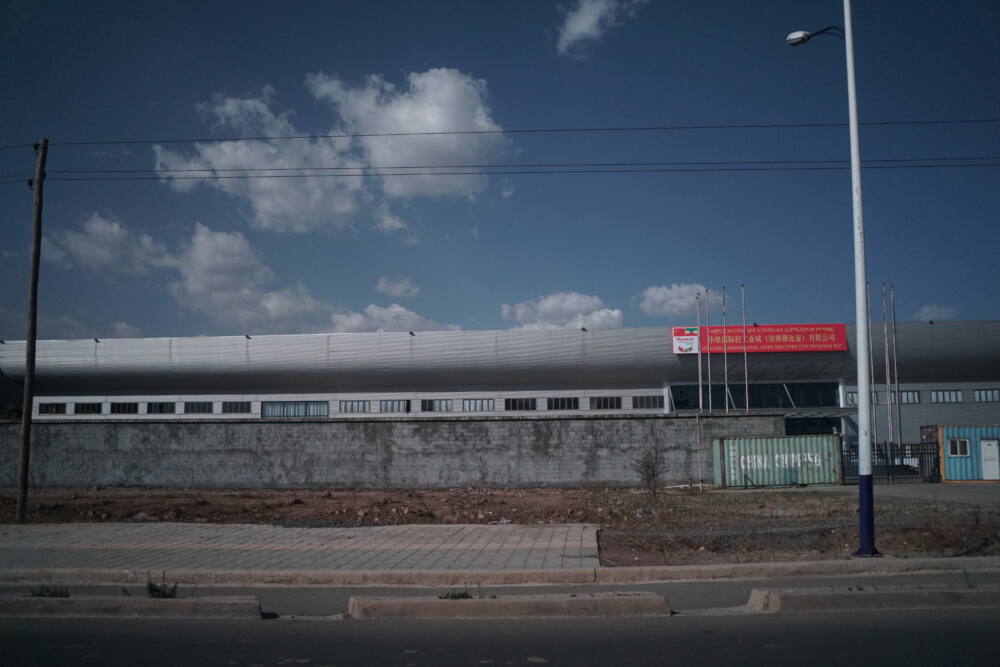
Over the past few years this has created a ripple effect all the way up the supply chain, resulting in prices of cherry reaching record highs of 70-80 Birr/kg (effectively doubling the cost at the start of the coffee supply chain as compared to 2021). The ensuing fight for cherry has also resulted in red cherry premiums being discarded, further driving up the costs for quality focused producers. Lastly, the effect from the Russian war on the cost of inputs fertilizer, and the 30% inflation is an additional challenge that producers are grappling with.
Despite the difficult outlook, we took heart to the many positives we encountered. Coffee was tasting better than it has ever been. Leading our trip was our close friend and partner, Getu Bekele. Between numerous cuppings sessions at his lab in Addis, and our travels south, it was great to rekindle that human connection that threads through coffee, especially in these uncertain waters.
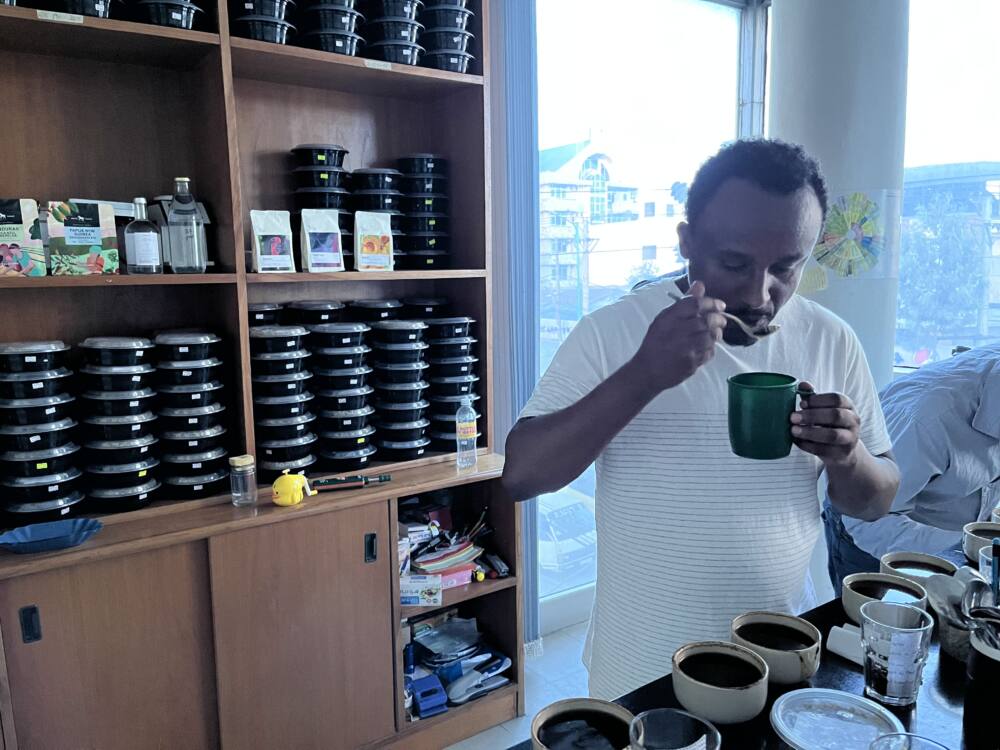
Getu’s work with the Jabanto group of producers is a fortune that Condesa can count itself lucky and it was heartening to know that a lot of the improvements were taking place at the agronomy level, thanks to Getu’s team at Gbroad. Frequent consults in partnership with the government and the Ethiopian Coffee & Tea Exchange have persuaded producers to engage in a more active agronomical approach such as stumping, replanting, variety selection advice, where farmers being risk averse have often neglected. Getu has also driven the importance of having access to vital market information via platforms like Telegram and the prevalence of smartphones meant that dissemination of information and troubleshooting became exponentially faster. These are things that a few years ago were few and far between, and the quality speaks for itself. Encouragingly, it would appear that there is much better alignment towards understanding quality, and also the necessary access to knowledge and expertise. Quality production is increasingly as important as quantity production.
It was amazing to see that at Condesa we are afforded access to the elusive micro wet milled washed coffees from single farmers such as the one below from Sharbo Maro in Mokonisa, Wenago County, and Girma Sintayehu in Biloya, Kochere.
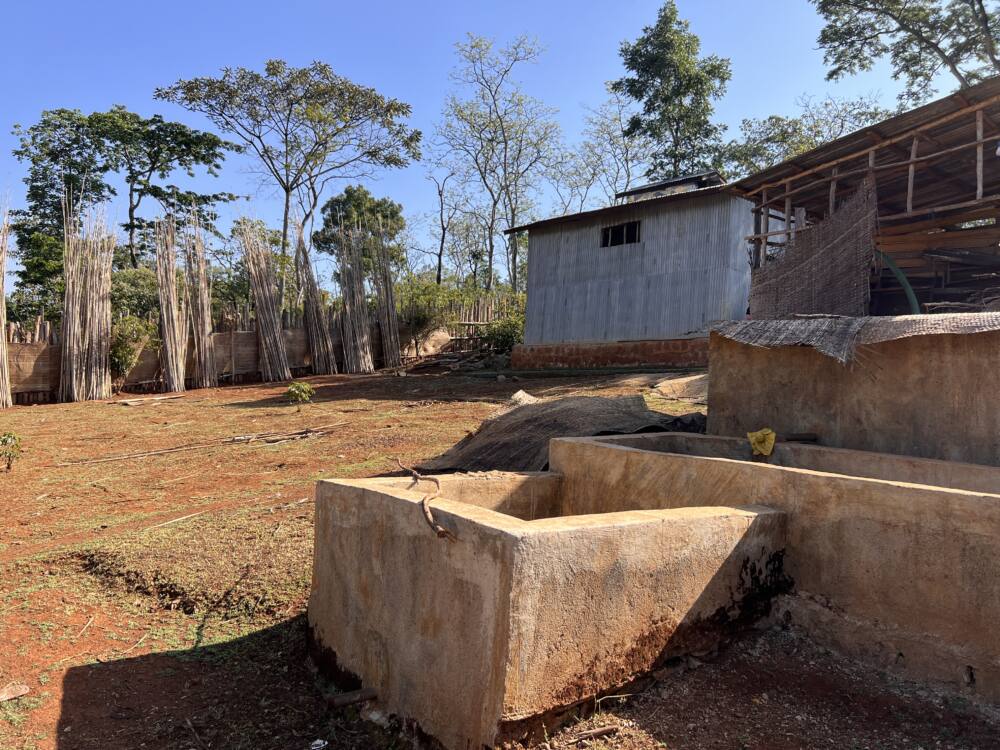
Even though what is normally busy for the Ethiopian coffee industry is greatly subdued, it is greatly encouraging to see the growth in quality and traceability produced coffee. While the hive of export and shipping activity will come at some point, for many roasters, pricing and quality challenges may force the their hand into substitution, so you maybe noticing more Kenyans, Tanzanians, Burundian or Rwandan coffee on offer. Despite the trials and tribulations, there is much to glow about, and for reasons mentioned above, there has never been a better time to stump up that extra dollar for all the hard work and pain that the producers we work with have gone through to improve their quality, much of the challenges exist outside of their sphere of influence, but we do have the ability to reward and celebrate the quality they have delivered, in the eyes of a risk averse farmer, any reward is 1 step forward, but any discouragement is 2 steps back.

